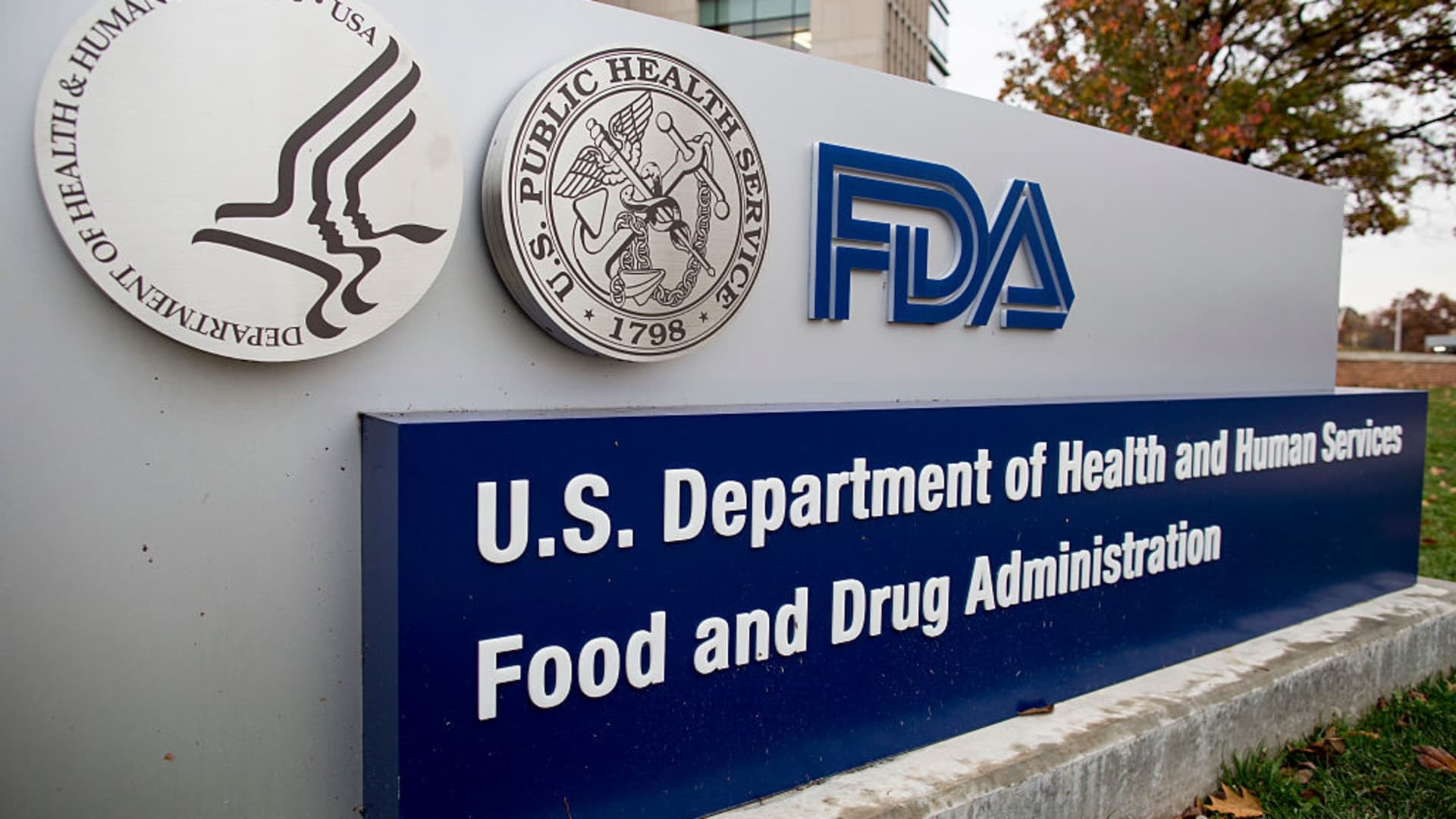Post-Election FDA Landscape: Will There Be Regulatory Shifts Ahead in 2025 and Beyond?
November 21, 2024
With the recent election, FDA-regulated industries (drug, device, food, etc.) should anticipate shifts in regulatory priorities, oversight, and leadership. As new government leadership is set to take office, businesses in FDA-regulated sectors should prepare for potential changes in FDA operations and related agencies.
Here are some key areas that we are watching:
- Leadership Changes at DHHS. With the nomination of Robert F. Kennedy Jr. (RFK) as Secretary of the Department of Health and Human Services (DHHS), pending Senate confirmation, a new direction will influence FDA priorities. The DHHS Secretary, overseeing the FDA and other health-related agencies, has significant impact on regulatory strategies and policy implementation, including:
- Developing policy for the nation and influencing FDA priorities.
- Coordinating FDA activities with DHHS’s mission and collaborating with other health agencies like the National Institutes of Health (NIH).
- Influencing FDA's budget within DHHS's congressional proposal, potentially affecting program funding.
- Shaping high-profile FDA decisions, particularly in public health-critical situations.
- Declaring a public health emergency that would allow the FDA to issue Emergency Use Authorizations (EUAs) for specific products.
- Supporting legislative initiatives to enhance the FDA's regulatory structure.
- Continued Focus on FDA Initiatives. The FDA has been in the spotlight over the past four years, especially in relation to its COVID-19 response. This focus will continue, particularly if RFK’s Secretary role is confirmed, given his focus on issues like food additives, chemical ingredients, vaccines, and pharmaceutical company practices.
- Staff and Organizational Changes at FDA. Should RFK's proposed reforms to FDA and NIH proceed, they could introduce agency restructuring and staffing changes, affecting staff availability and timelines. Temporary staff shortages could slow down review processes for regulatory submissions, affecting companies' project plans and market entry strategies. Companies will need to adapt timelines and consider alternative regulatory approaches to navigate potential delays.
- Potential Shift from Federal Oversight to State-Level Regulation. Republican administrations traditionally favor a more restrained regulatory approach. Reduced federal oversight could lead to an increase in state-level regulation. This shift will add complexity for FDA-regulated industries needing to navigate both state and federal compliance requirements.
- Emphasis on Domestic Manufacturing and Tariffs. Policies promoting U.S.-based manufacturing and tariffs on imports will impact FDA-regulated companies, especially those reliant on foreign-made components. Because of new tariffs and duties, drug and device manufacturers will pay more for imported materials like raw materials and ingredients. This will likely lead to higher prices for consumers. Companies should prepare now by assessing their supply chains and exploring reliable domestic suppliers, as qualifying new vendors takes time.
- Focus on Drug Pricing and Market Access. Lowering drug prices has been a long-standing objective in Washington, D.C., with potential initiatives like Medicare drug price negotiations on the horizon. It is especially apparent that tamping down drug prices is a priority of the new Trump administration, regardless of who becomes the DHHS Secretary. While specific policy directions remain uncertain, pharmaceutical and biotech companies may face changes affecting pricing, access, and reimbursement.
- Potentially More Favorable M&A Climate. Changes in regulatory oversight may provide a more favorable landscape for mergers and acquisitions, particularly given the highly anticipated changes in leadership and policies at agencies such as the Federal Trade Commission (FTC). This could cause an increase in transaction activity within FDA-regulated industry.
- Curbing Direct-To-Consumer Advertising (DTCA). RFK Jr. has been critical of DTCA. Regardless, we believe a ban is unlikely. The issue of commercial free speech has been litigated by the courts many times. Established legal precedent affirms that corporations have First Amendment rights, including commercial speech. The government can only restrict such advertising if it's demonstrably false or misleading, or if there's a compelling government interest to do so.
Stay Prepared and Proactive
"With DHHS and FDA leadership changes, the regulatory landscape can evolve quickly. It's important for FDA-regulated companies to stay informed, as these changes will shape both business practices and public health priorities that affect everyone," says Amanda Johnston, Partner at Gardner Law.
Although There Will Be Shifts, We Do Not Anticipate Seachange
"A new administration will usher in changes, but we do not anticipate the FDA being fundamentally impacted. For example, a change in the White House does not alter the FDA's mission to protect the American public and speed innovation to market. The FDA operates as an upside-down pyramid, with front-line employees, such as reviewers and investigators, having the largest impact on manufacturers, compared to high-ranking government officials. Thus, the agency, whose staff is primarily scientists, will likely resist significant changes unless a compelling scientific argument exists to support making modifications. If RFK is confirmed, which is not a lock, he should expect to have a tough time making significant alterations to the agency, whose roots go back nearly two centuries with the Division of Chemistry [1848]. He may find himself tilting at windmills like Don Quixote," says Mark Gardner, Managing Partner at Gardner Law.
With these shifts, FDA-regulated industry will encounter challenges and new opportunities. While the direction of specific policies is unclear, public health—whether through food safety, access to healthcare, or medical products—remains a common priority that impacts everyone, from everyday consumers to policymakers.
Moving Forward
“It is unlikely industry members see a stark change in FDA’s day-to-day operations anytime soon. Given the incoming administration’s stated desire to challenge historical norms at federal agencies, it is still imperative to pay close attention to current events and understand that regulatory strategies may require more flexibility than they have in the past,” says Nathan Downing, Senior Attorney at Gardner Law.
Contact Us
Gardner Law guides FDA-regulated companies through regulatory changes, helping you manage risk and capitalize on new opportunities. Contact us to learn how we can help your company stay compliant and competitive in a rapidly evolving environment.